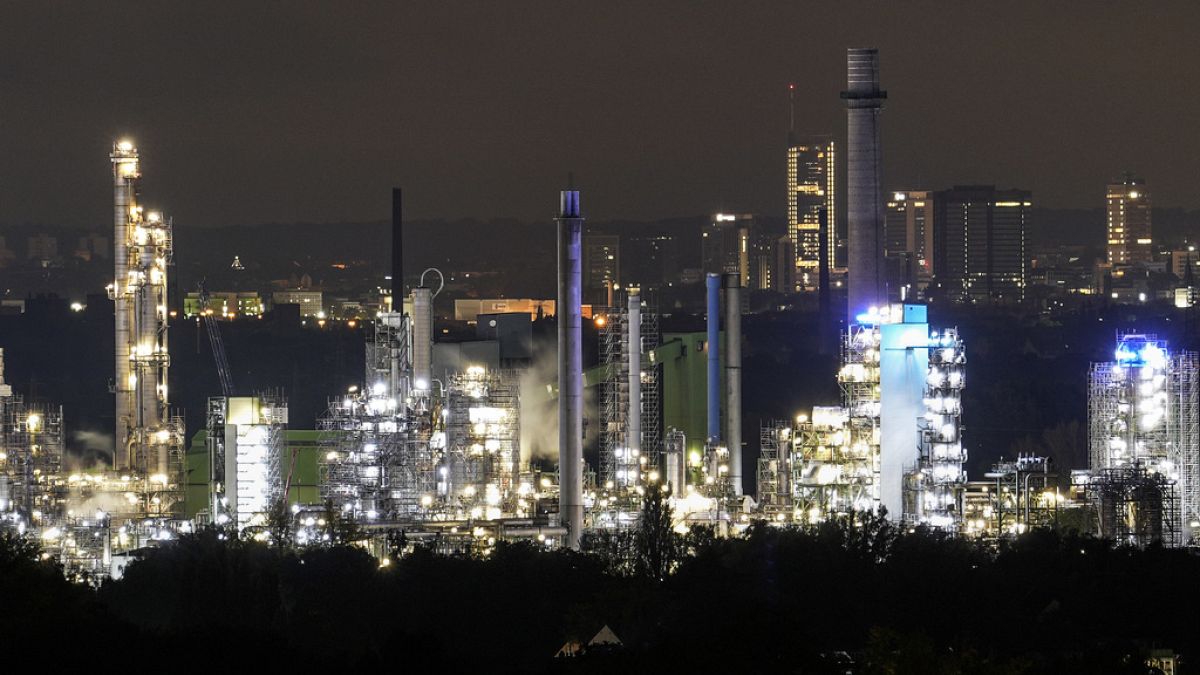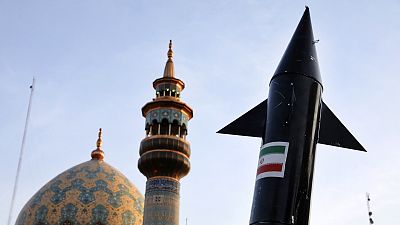Oil prices rose on Friday morning with both Brent and US crude trading higher after Israel reportedly carried out a military attack on Iran.
Both oil benchmarks gained in early trading, initially jumping over 3% on news of explosions in Iran as the conflict continues to influence investor sentiment and drive market fluctuations.
Global benchmark Brent traded 1.73% higher at $88.62 a barrel after topping $90 earlier, while US West Texas Intermediate (WTI) rose 1.75% to $84.1 per barrel.
“Oil prices were briefly above $90 per barrel before easing while gold moved within touching distance of all-time highs. A combination of chip stocks tanking on yesterday’s weak guidance from semiconductor manufacturer TSMC and the threat of conflict saw Japanese stocks chalk up big losses," Russ Mould, AJ Bell investment director, said.
The price of gold also rose to $2,411.09 per ounce in early trade on Friday, as investors turned to the deemed safe haven asset.
"Financial markets had a rough week amid escalating tensions in the Middle East after reports of explosions and a possible Israeli airstrike in Iran. This added to investor concerns following disappointing corporate results and hawkish comments from Federal Reserve officials," market analysts at IG said on Friday morning.
"The news from Iran drove up prices for safe-haven assets like gold, the US dollar and Japanese yen, while stocks fell and bonds rallied. Comments from a Fed official warning rates may need to go higher if data calls for it also rattled investors who had been expecting rate cuts later this year," IG analysts added in a note to clients.
The escalation in the Middle East follows Iran unleashing a barrage of 300 aerial drones and missiles toward Israel in a retaliatory move on 13 April.
The attack was in retaliation to a suspected Israeli strike on an Iranian consular building in Syria earlier this month that killed 12 people.
Among the dead were two senior Iranian generals.
Impact on central bank interest rate decisions
Central banks will be closely monitoring any further commodity market fluctuations as higher oil prices can sway inflation and thus the European Central Bank's monetary policy path.
On Monday, Lithuanian ECB member, Gegiminas Simkus, stated that geopolitical shocks such as an escalation in the Israel and Iran conflict could cancel the ECB June rate cut.
Meanwhile, according to Goldman Sachs, Iran's crude oil production has increased to approximately 3.4 million barrels per day, accounting for 3.3% of the global supply and marking an increase of about 0.6 million barrels per day over the last two years, with the majority of exports directed to China.



